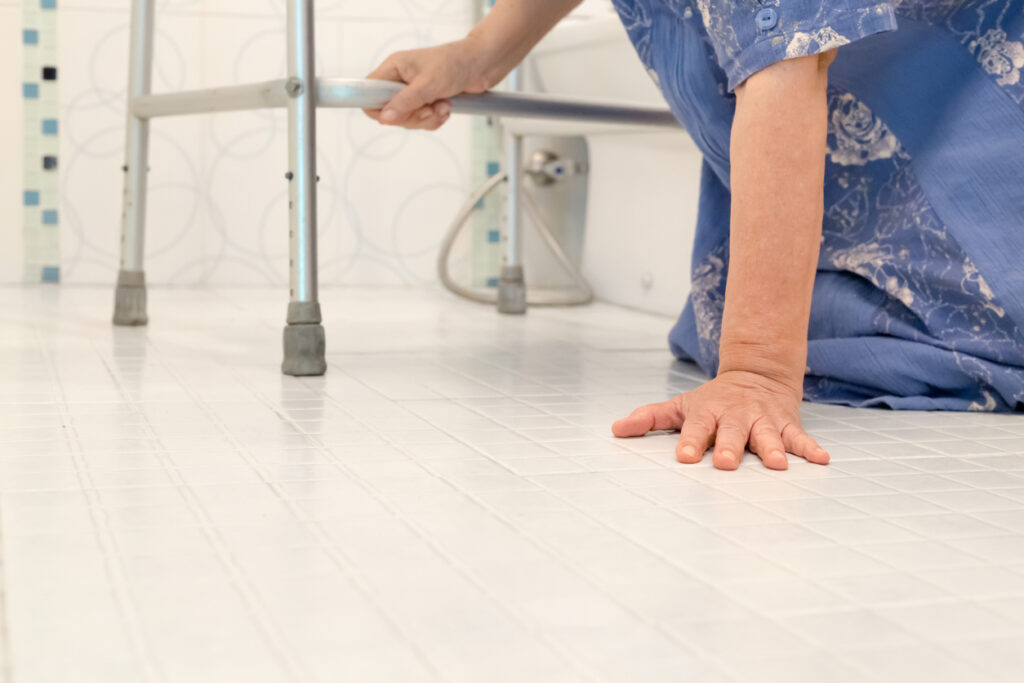CHICAGO, IL – Abuse and neglect in long-term care facilities, including nursing homes, can be difficult to detect. According to studies from the National Institute on Aging, as many as 1 in 10 elders experience some form of abuse each year. Furthermore, the World Health Organization (WHO) studies show on average just 1 out of 24 cases of abuse are reported every year.
- Age
- Gender
- Mental capacity
- Whether the elder resides in a community setting
- Elder adults with diminished psychosocial capacities, such as a diagnosis of a cognitive condition like dementia or Alzheimer’s disease
The WHO and the Department of Health and Human Services additionally report that elders who are isolated, especially elderly women, are at a greater risk of abuse.
Not all injuries that occur in nursing home facilities amount to abuse or neglect; however, it’s important to be on the lookout for warning signs of abuse to better protect your loved ones during their residency.
Common red flags
The primary indicator of elder abuse or neglect is the unusual or abrupt change to your loved one’s physical, mental or financial condition. Signs of physical abuse and neglect that are the most noticeable include:
- Unexplained head injuries or concussions
- Broken or fractured bones
- Strange or sudden physical injuries, such as skin tears, welts or bruises, burns, scrapes or cuts on your loved one’s body
- Being left alone for extended periods of time without supervision
- Poor hygiene and/or safe living conditions
- Pressure marks or bed sores
- Unexplained weight loss or malnutrition
- Dehydration
- Missing personal items including medications, glasses or hearing aids
It’s critical to remain vigilant and frequently check in with your loved one. Unfortunately, nursing home facilities will go to great lengths to attempt to conceal or cover up the injuries your loved one may have suffered. It’s essential to keep a watchful eye on those caregivers tending to your loved one since abuse or neglect often comes from the direct caregiver.
Although it may be rare, sexual abuse does occur in long-term care facilities. This type of abuse can be committed by facility staff, unsupervised residents or individuals who enter the facility unauthorized. Some red flags that may indicate sexual abuse has occurred include:
- Contraction of a sexually transmitted infection or disease
- Unexplained injuries on or near the genital area, such as bruising, pain, bleeding or irritation
- Acting fearful, angry, and/or depressed around certain individuals
- Inappropriate interactions with staff, residents or other individuals
In addition to physical injuries, there are also various mental or behavioral indicators of abuse and neglect which may include:
- Withdrawal and isolating oneself from social activities, including with family and friends
- Sudden changes in mood like acting confused, anxious, angry, fearful and/or depressed
- Unexplained exhaustion or lethargy
It’s significant to notice your loved one’s mental well-being during their transition to long-term care. A sudden unexpected change in their mood may be evidence of nursing home abuse or neglect.
Unlike physical abuse and neglect, financial abuse may go undetected since indicators of this type of abuse are not easily noticed. Context clues of financial abuse include:
- Inaccessibility of financial or legal records
- Unexpected or unexplained transactions of large sums of money
- Sudden executions of legal documents on behalf of the elder, such as a power of attorney (POA), transferring of property or marriage certificate
Just as it’s important to check in on the physical and mental well-being of your loved one, it’s also important to monitor your loved one’s financial accounts and investigate any suspicious transactions. Unexpected or strange actions involving your loved one’s finances could be evidence of financial elder abuse.
Contacting a nursing home abuse lawyer
Indicators of elder abuse and neglect are different in each case, and some elders may be subject to more than one type. In order to protect your loved one, it’s important to keep a watchful eye and report any of these indicators of abuse as soon as possible.
If you suspect that your loved one is in immediate danger, call 911 or your local law enforcement authorities immediately. You may also want to consider contacting Adult Protective Services or the appropriate governing state agency as soon as possible.
If you believe your loved one is a victim of abuse or neglect, you may also want to consider contacting an elder abuse attorney for a consultation. The nursing home abuse attorneys at the Dinizulu Law Group are dedicated to holding nursing homes accountable when patient injury results from abuse and neglect. Call us today for a free, no-obligation consultation at (312) 384-1920.



